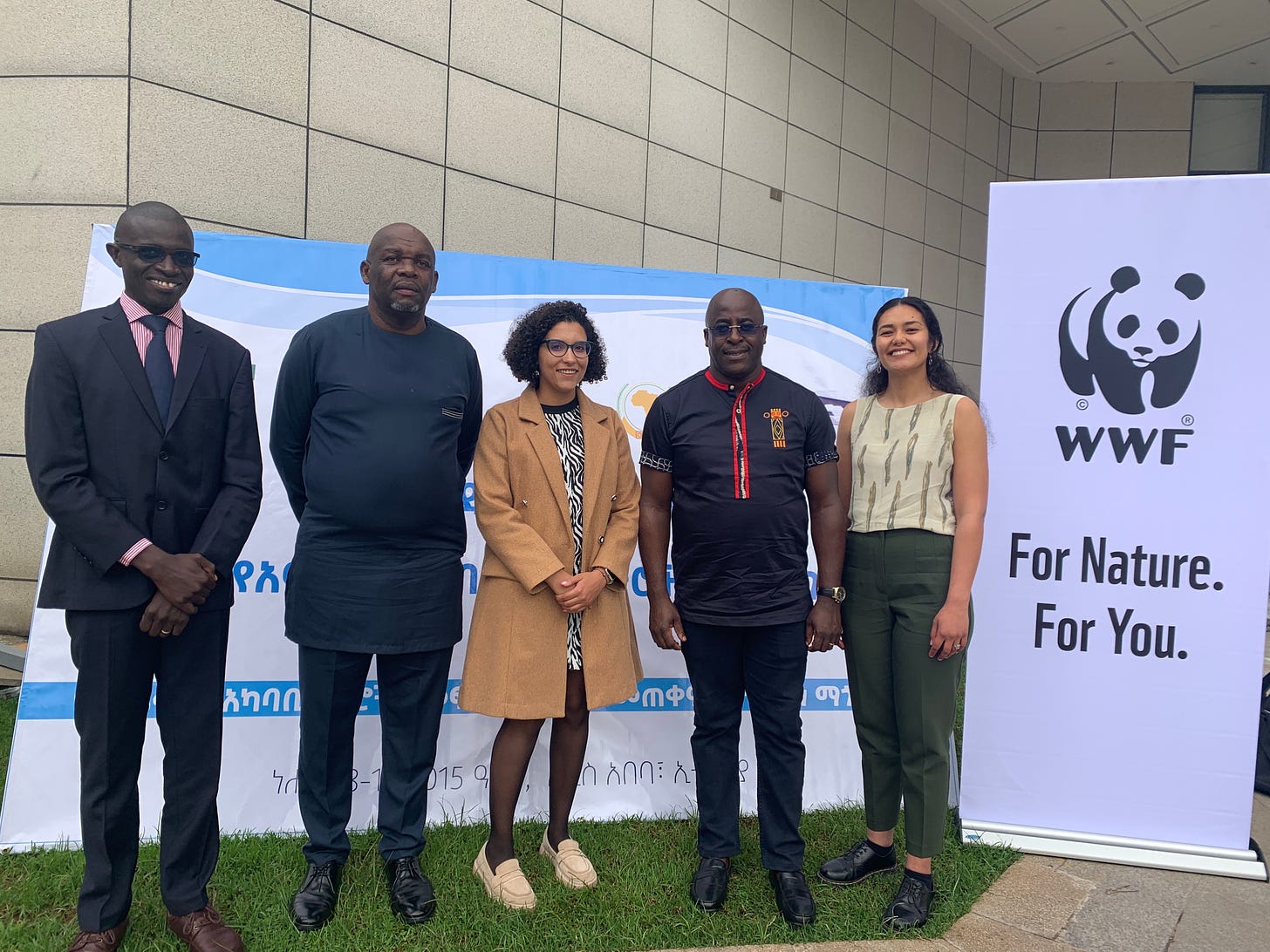WWF Commends Draft Global Plastic Pollution Treaty Amid Challenges
The Intergovernmental Negotiating Committee (INC) was established for the development of this treaty, with the goal of completing its work by the end of 2024.

Cape Town, South Africa - WWF has welcomed the release of a comprehensive first draft of the global plastic pollution treaty, viewing it as a significant step towards addressing the plastic crisis, writes Winston Mwale.
However, the conservation organisation has also raised concerns about certain weaker elements within the draft.
In 2022, UN Member States initiated negotiations for a new global treaty aimed at ending plastic pollution, marking a historic move to protect wildlife, the environment, and human well-being from the adverse effects of plastic pollution.
The Intergovernmental Negotiating Committee (INC) was established for the development of this treaty, with the goal of completing its work by the end of 2024.
The first negotiating meeting (INC-1) took place in Punta del Este, Uruguay, in November 2022, where over 145 countries expressed support for robust global regulations to combat plastic pollution.
The second negotiation meeting (INC-2) occurred in Paris, France, in June 2023, with the third (INC-3) scheduled for November 2023 in Nairobi, Kenya.
While the first draft of the treaty presents numerous effective solutions to address the plastic crisis, WWF has highlighted the presence of weaker options, underscoring the challenges ahead in the negotiation process to achieve a plastic pollution-free planet.
Alice Ruhweza, WWF International Senior Director for Policy Influence and Engagement, emphasised the importance of discussing means of implementation from the outset, as maintaining a business-as-usual approach would triple global plastic production by 2040 with devastating consequences.
She stressed the need for an equitable transition to combat the plastic pollution crisis.
"Africa only produces 5% and consumes 4% of global plastic volumes, but our people, land, seascapes, and economy are experiencing devastating impacts. African leaders have long championed the call for harmonised, binding global rules to tackle plastic pollution, so while the first draft is a welcome move, we must ensure the treaty is indeed globally binding and prohibits high-risk, single-use plastics," said Ruhweza.
The draft treaty, also referred to as the "zero draft," represents the first collective effort by countries to outline the structure of the global plastics treaty. It arrives at the midway point of negotiations, ahead of the third round of talks out of a total of five rounds that will conclude in 2024.
The draft includes proposals for global bans on high-risk plastic products, polymers, and concerning additives, aiming to eliminate the most harmful plastics and establish a common global minimum standard.
It also provides for the option to develop common product design requirements to ensure a safe and circular plastic economy.
Additionally, the draft lays the foundation for discussions on establishing a robust financing mechanism to support universal implementation across all countries, based on a holistic approach and global solidarity.
However, it also includes several non-binding approaches that WWF believes will not contribute significantly to ending plastic pollution.



